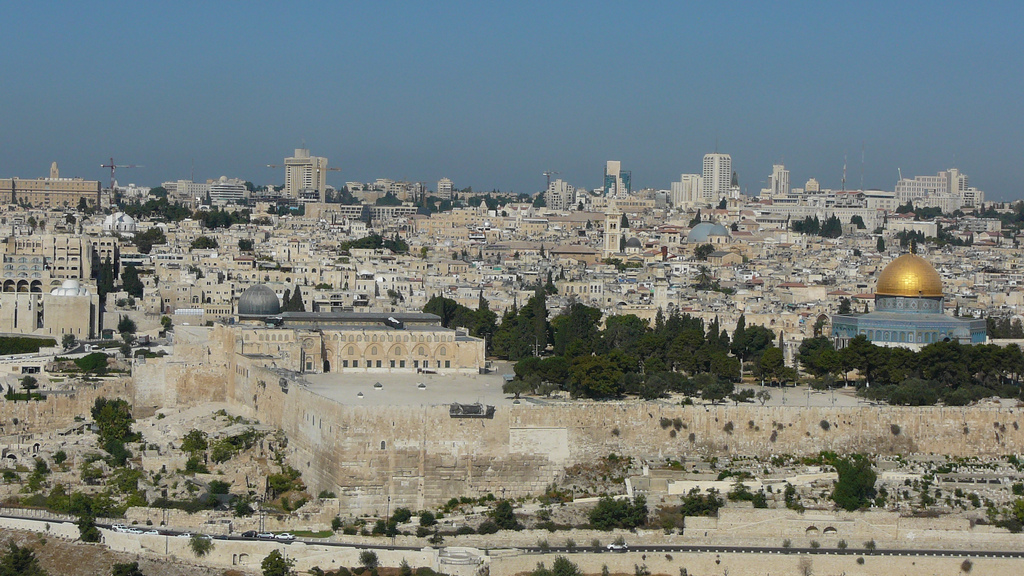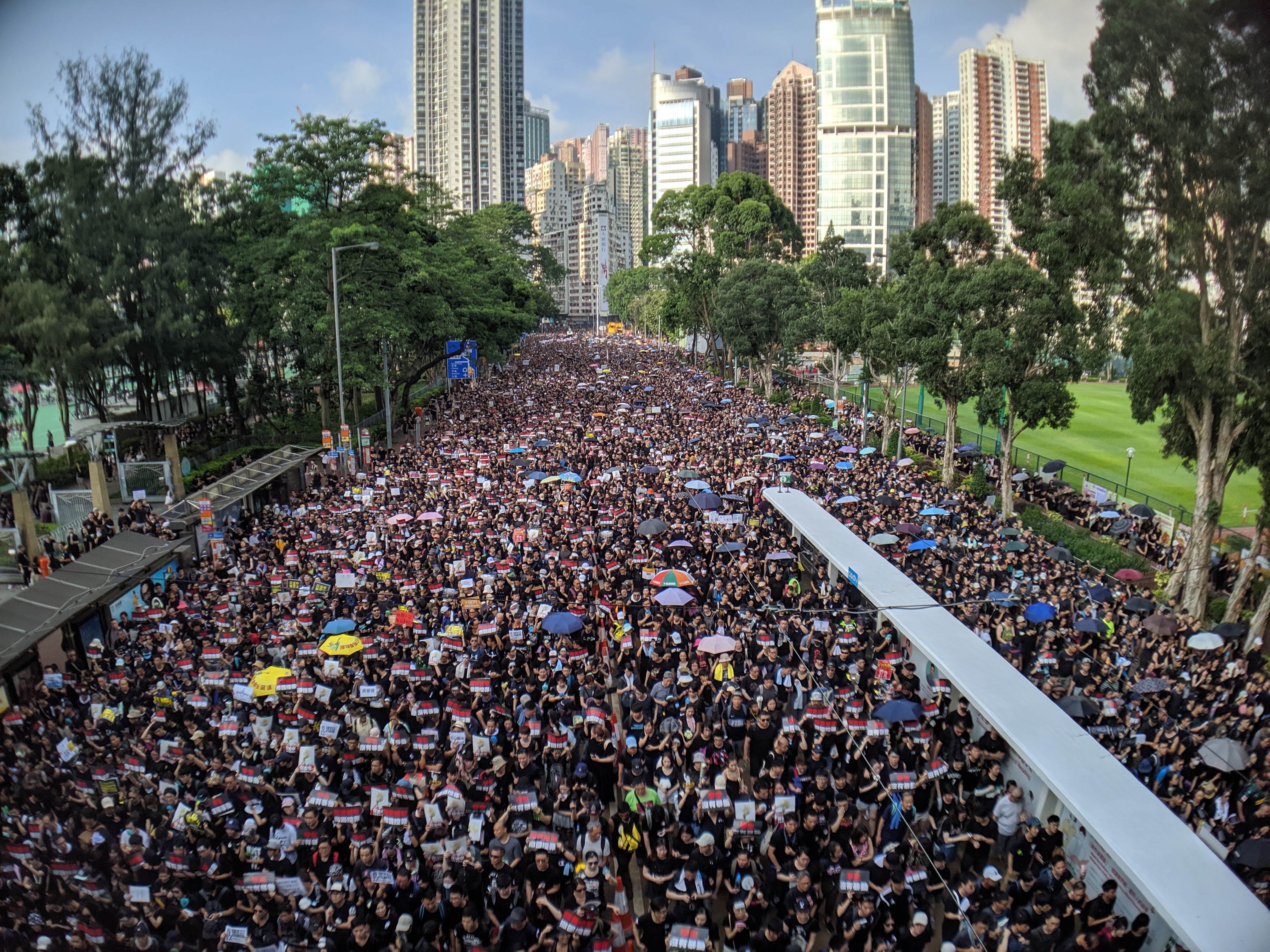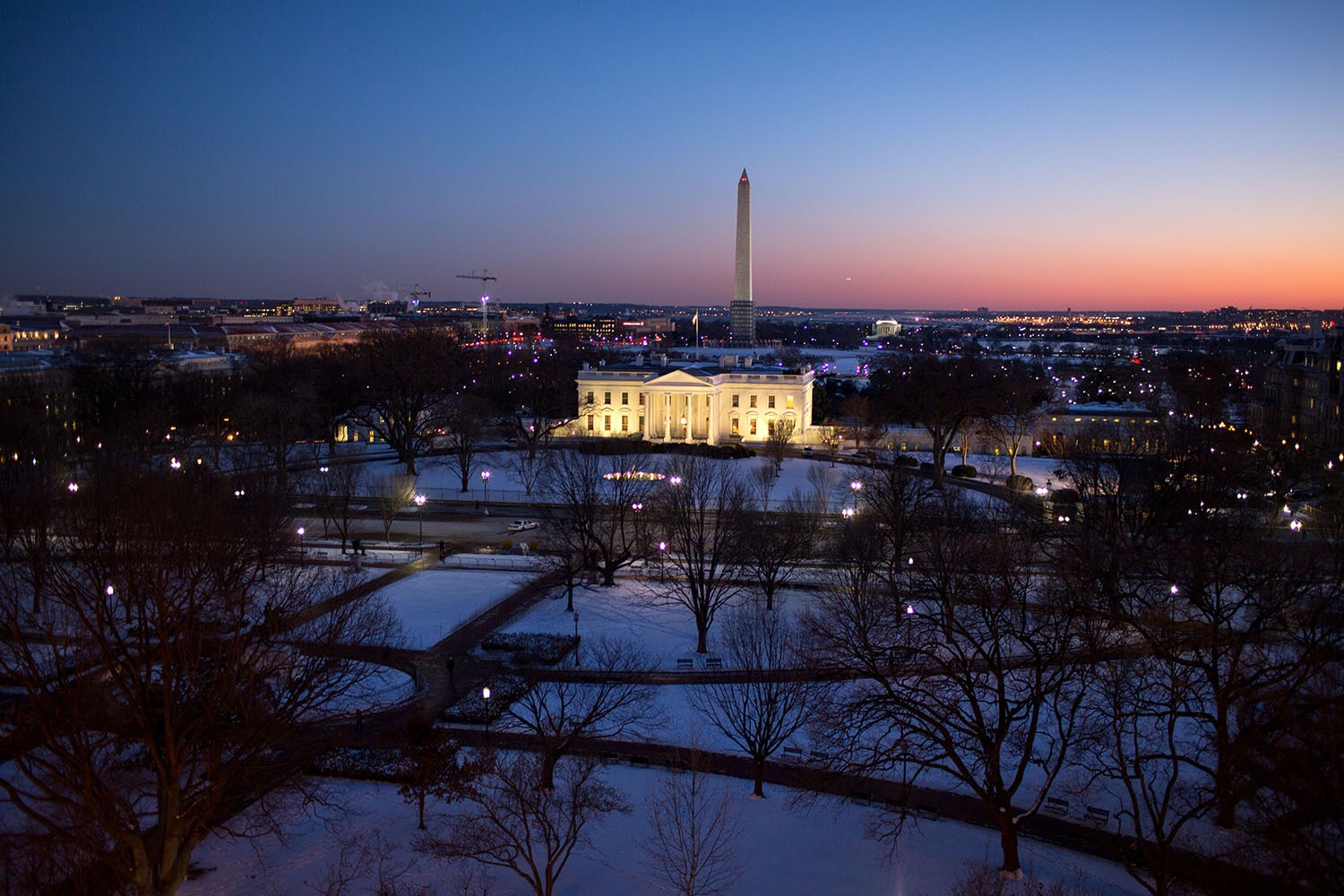Guest post by Jeremy Pressman.
Amidst a period of diplomatic pessimism, Dahlia Scheindlin and Dov Waxman helpfully propose a different approach to the Israeli-Palestinian conflict. Rather than advocating for a two-state solution or one secular, democratic state, they propose a third alternative, a confederal solution (or here.) But like any other proposals for Israeli-Palestinian peace, a confederal approach has important vulnerabilities. In the interest of advancing the discussion, I especially want to consider the potentially negative impact of having two classes of people, residents and citizens, living side by side. I also question whether they have found a solution for Jerusalem.
By confederal solution, Scheindlin and Waxman still mean two states, Israel and Palestine (unlike James Ron’s one-state confederal approach). However, those two states would have open, not closed, borders. Israelis could live in Palestine and Palestinians in Israel but as residents, not citizens. Israeli settlers in the West Bank could remain – as residents – in the new State of Palestine. At the same time, Palestinian refugees from Jaffa could return to Jaffa and live in Jaffa as residents of the State of Israel. This distinction would not apply to current Palestinian citizens of Israel who would remain citizens of Israel (confederalism has me thinking about LeVine & Mossberg’s parallel approach as well).
What are the implications of their distinction between residents and citizens? By definition, residents will have fewer political rights than their immediate neighbors who happen to be citizens. It is all well and good if you can exercise your rights across the border in your home state, but what would it mean if large numbers of residents had no political voice right where they lived? At best, they would be ignored; at worst, their needs would be actively compromised. When resources are limited, who loses, citizens or residents? The example of Turkish guest workers in Germany might be a cautionary tale.
Imagine that citizens from a few Arab villages and settlers from nearby Jewish settlements in the new State of Palestine – the former West Bank – come before the local water board, which is making a decision about new water distribution pipelines or water quotas for area municipalities. The Palestinians are citizens and the Jews are residents without local voting rights. Who do you think will prevail, even before accounting for the past history of occupation?
Or, imagine Jewish citizens and Palestinian residents in the Tel Aviv municipality are seeking zoning changes or discussing local schools or developing a new playground. Is there any doubt politicians will favor citizens over residents? A system that accords one group voting rights and other channels of political participation – but denies the same to a second group in the same living space – seems like it could spur political instability.
One question, then, is whether residents could have municipal rights, and thus municipal avenues for expressing their political needs, but not national rights in the country in which they were residing. This first concern about residency and citizenship leads to a second, related point in the context of settler opposition to the withdrawal of settlers in a standard two-state solution. Why can’t we stay, some settlers ask? Why must all Jews be removed, especially given that Israel would still have a substantial Palestinian population?
The answer may turn on the rules of the game. If settlers want to stay, do they want to stay and live under Palestinian rules? Scheindlin and Waxman mention that in a confederal resolution, settlers would be citizens of Israel but could live as residents of Palestine “under Palestinian law (they must, of course, be law-abiding residents of the Palestinian state).”
On the surface, that might seem like a fair resolution. Obey the law. But what if Palestinians start to want to move into settlements? How would the Jewish settlers, now legal residents of Palestine, react? The state, Palestine, would surely use its powers to support the opening up of the settlements to Palestinians. Or take it a step further. Palestinians whose land was taken by the State of Israel (during the occupation) could sue in Palestinian courts to get back their land. Palestinian courts would likely find that the land had been stolen and must be returned to its original, Palestinian owners. So despite the different starting point, there might be many evictions even without adopting a traditional two-state solution.
Finally, I agree with the authors that one secular-democratic state seems unlikely, but I would phrase the problem this way: Israeli Jews will not want to willingly cede sovereignty over Israel in its smaller, pre-1967 shape. Countries do not frequently negotiate away their identity and the empowerment to certain groups that goes along with it.
And if that is true about the State of Israel, it would certainly be true of Jerusalem. Instead of splitting Jerusalem’s sovereignty between the State of Israel and the State of Palestine, Scheindlin and Waxman propose Jerusalem be an open city with a “special status municipality.” But after all the symbolic weight Zionism has placed on that city, I highly doubt Israeli Jews would let go of sovereignty of the entire city, including the Western part. The same nationalist, territorialist ideology that makes one bi-national state unlikely also mitigates against the State of Israel acquiescing to a “special status municipality” in Jerusalem.
The lack of resolution of the Israeli-Palestinian conflict surely merits varied proposals. But it may be hard to find any approach that can overcome the myriad hurdles, barring Israeli and Palestinian political will to resolve their deadly conflict.
Jeremy Pressman is an Associate Professor of Political Science and Director of Middle East Studies at the University of Connecticut. He is on Twitter @djpressman.








1 comment